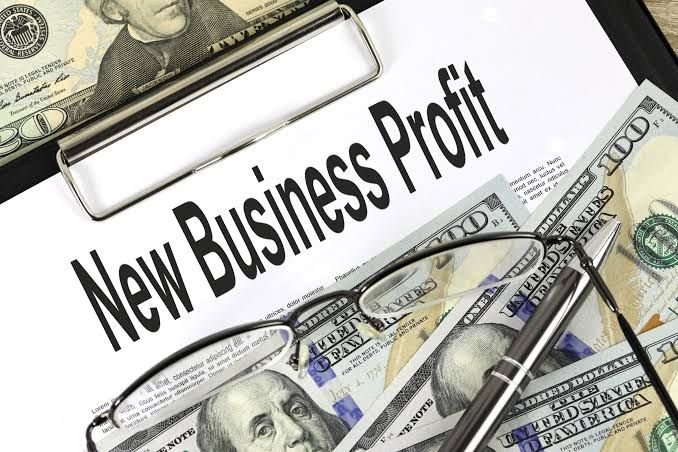Meaning and Definition of Profit
Meaning and Definition of Profit
The main objective of every commercial and industrial establishment is to earn profit. Aiming at earning profit by all business activities is a measure of the success and progress of a commercial and industrial establishment. Profit is the reward for the labour of the entrepreneur.

It is a form of risks and uncertainties taken by the entrepreneur. Profit is the essence of business. The term ‘profit’ has been defined as follows:
Prof. F. A. Bowker ‘Profit is the rent of capacity’.
Prof. H. Spieght ‘Profit is often called a reward for taking risk’.
Prof. Schumpeter, “Profit is the reward for the entrepreneur’s work or it is a payment for risks, uncertainties and innovations”.
Prof. Henry Grayson ‘Profit may be regarded as a reward for innovating, a reward for accepting risks and uncertainties resulting from imperfections in the market. Any one of these conditions or a combination of them may give rise to economic profit’.
Prof. J. K. Mehta, “The element of uncertainty gives rise to a fourth category of sacrifice in human productive activities in a dynamic world. This category is risk bearing or uncertainty bearing. It is remunerated by profit”.
On the basis of analytical study of the above definitions, it can be concluded that:
1.Profit is a reward for bearing risks by the entrepreneur.
2.Profit arises only in the dynamic conditions of a market.
3.Profit is the reward for bearing uncertainties.
4.Profit arises only under conditions of imperfect competition. No profit can arise under perfect competition.
5.Profit is the reward for innovation.
• Characteristics of profit
The characteristics of profit are mainly as follows-
1. It is a reward for taking risk- The businessman takes risk in his business. He invests capital and faces uncertainties. Therefore, profit is the reward for his risk-taking ability.
2. It is not stable- The profit received by an entrepreneur is not fixed. It cannot be determined like rent or salary.
3. It can also be negative- The profit of an entrepreneur can also be negative. In other words, it may incur loss whereas the remuneration of other factors (rent, allowance, interest) is never negative.
4. More fluctuation Profit fluctuates more than other factors because it is affected by changes in factors like demand, supply, income, taste, trend etc.


